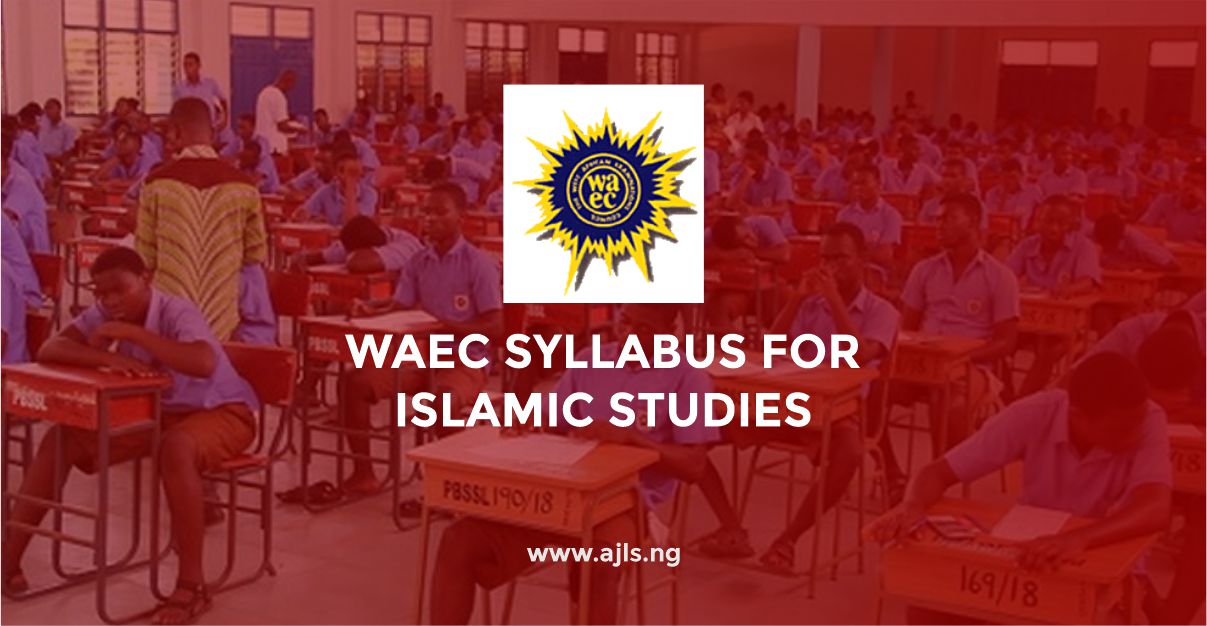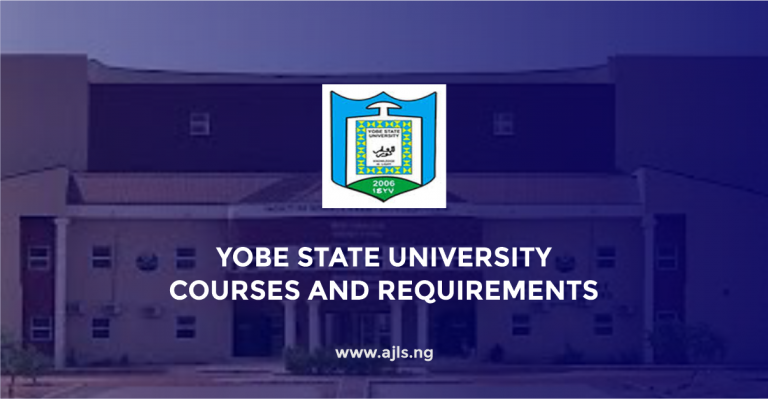WAEC Syllabus for Islamic Studies 2025

The WAEC syllabus for Islamic Studies is designed to provide students with a comprehensive understanding of Islamic teachings, history, and practices. It covers essential topics such as the Quran, Hadith, Tawheed (the Oneness of Allah), Fiqh (Islamic jurisprudence), and Islamic moral values.
The syllabus aims to deepen students’ knowledge of Islam, strengthen their faith, and enable them to apply Islamic principles to their daily lives. By studying Islamic Studies, candidates develop a strong moral foundation, an appreciation for Islamic heritage, and a sense of responsibility as members of the Muslim community.
Do you wish to know the WAEC syllabus for Islamic Studies? Do you want to gain a deeper understanding of the Islamic Studies syllabus aims and objectives and the selected Qu’ran chapters and verses that candidates should read to aid their preparation for the Islamic Studies examination? If yes kindly read on as we have provided all the essential information for you below.
Outline of the WAEC Syllabus for Islamic Studies
Aims and Objectives
The syllabus seeks to:
- Promote an understanding of the historical and contemporary development of Islam and the lessons derived from them.
- Highlight the spiritual, moral, socio-economic, and intellectual roles of Islam in society.
- Encourage the practical application of Islamic teachings in daily life.
Examination Structure
The WAEC Islamic Studies examination consists of two papers: Paper 1 & Paper 2.
Paper 1: Objective questions designed to test candidates’ knowledge across various topics within the syllabus.
Paper 2: Essay questions that assess candidates’ understanding and ability to discuss Islamic concepts, history, and teachings in depth.
Syllabus Content
The syllabus covers a broad range of topics, including:
- Qur’anic Studies: Understanding the revelation, compilation, and themes of the Qur’an.
- Hadith Studies: Exploring the collection, classification, and significance of Hadith in Islamic teachings.
- Tawheed (Oneness of Allah): Studying the concept of monotheism and its implications in Islam.
- Fiqh (Islamic Jurisprudence): Learning about Islamic laws, their sources, and applications.
- Ibadah (Worship): Examining the various forms of worship and their importance in a Muslim’s life.
- Islamic History: Tracing the life of Prophet Muhammad (SAW), the Rightly Guided Caliphs, and the spread of Islam.
- Islamic Ethics and Morality: Understanding the moral teachings of Islam and their application in personal and societal contexts.
Selected Qur’an Chapters and Verses
The syllabus includes the study of specific chapters, focusing on their themes, significance, and applications. The chapters commonly emphasized are:
- Suratul-Fatihah (Chapter 1): Known as “The Opening,” this chapter is fundamental in Islamic prayer and encapsulates core themes of guidance, mercy, and devotion.
- Suratul-Baqarah (Chapter 2), Verses 1-5: These verses introduce the characteristics of the righteous and the guidance provided by the Qur’an.
- Suratul-Kahf (Chapter 18), Verses 1-10: These verses narrate the story of the People of the Cave, emphasizing themes of faith and divine protection.
- Suratu Yasin (Chapter 36), Verses 33-47: Highlighting signs of God’s existence and the consequences of denying the prophets.
- Suratul-Hujurat (Chapter 49), Verses 1-13: Addressing social ethics, the importance of community cohesion, and the prohibition of negative behaviors like backbiting.
- Suratul-Mulk (Chapter 67): Focusing on God’s sovereignty and the reflections on creation as signs of His power.
- Suratul-Qiyamah (Chapter 75): Discussing the Day of Judgment and human accountability.
- Suratul-Ikhlas (Chapter 112): Emphasizing the oneness and uniqueness of Allah.
- Suratul-Falaq (Chapter 113): Seeking refuge in Allah from external evils.
- Suratun-Nas (Chapter 114): Seeking refuge in Allah from internal evils, particularly those that affect the heart and mind.
Conclusion
We hope this article has assisted you tremendously. Let us know your thoughts in the comment section below. We would like you to check back on this page for more relevant information about universities, polytechnics, and colleges of education.
You can bookmark or save this page for a revisit. If you have any questions or further inquiries kindly drop them in the comment box below. Also, endeavor to share this page with family and friends to keep them posted with this information.




